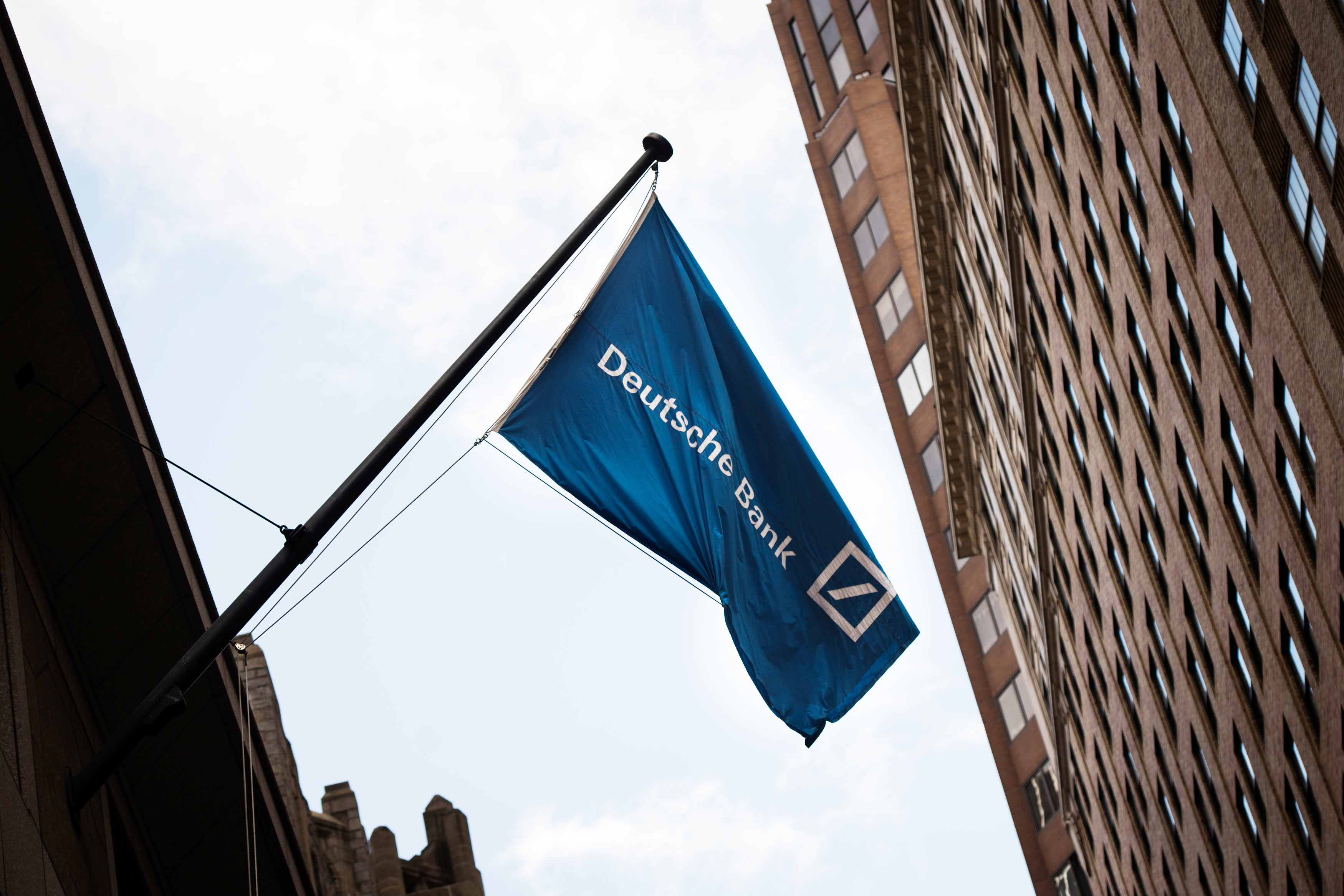
Deutsche Bank on Thursday beat earnings expectations for 2020 as it emerges from the coronavirus crisis, led by a strong performance in its investment banking division.
Germany’s largest lender posted a full-year net profit of 113 million euros ($135.7 million), whereas analysts had expected a loss of 201 million euros, according to Refinitiv. Deutsche reported a 5.7 billion euro loss for 2019 as it underwent major restructuring.
The bank netted a 51 million euro profit for the fourth quarter, compared to analyst expectations of a 325 million euro loss.
Higher revenues and cost reductions helped Deutsche’s investment banking division perform well, with net revenues rising 32% to 9.8 billion euros in 2020. This “more than offset a rise in provision for credit losses resulting from COVID-19,” the bank said in a statement.
The bank’s CFO, James von Moltke, told CNBC shortly after the announcement that it had hit all of its goals for the year. He noted that while the investment bank was the strongest business area, both the corporate and private bank had managed to offset the “headwinds” from low interest rates, while the asset management business had seen inflows of 14 billion euros.
Although the majority of lenders have seen strong investment banking revenues due to the year’s heightened trading volumes and volatility, von Moltke said he expects to see a normalization in 2021.
“However, so far in the year to date, we have seen the momentum from last year really carry through into January, in terms of our performance and what we can see about the market environment,” he said.
Here are the other highlights:
- Total fourth-quarter net revenues were 5.5 billion euros, compared to 5.35 billion euros for the same period in 2019, bringing group net revenues for the year to 24 billion euros, up 4% from 2019.
- Common equity tier 1 (CET1) ratio — a measure of bank solvency — came in at 13.6%, unchanged from the fourth quarter of 2019.
- Fourth-quarter loan loss provisions were 251 million, versus 723 million in the final quarter of 2019.
“In the most important year of our transformation, we were able to more than offset transformation-related effects and elevated credit provisions – despite the global pandemic,” CEO Christian Sewing said in the earnings report.
“We have built firm foundations for sustainable profitability, and are confident that this overall positive trend will continue in 2021, despite these challenging times.”




